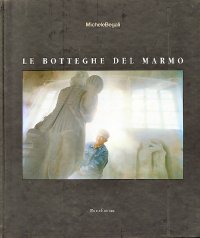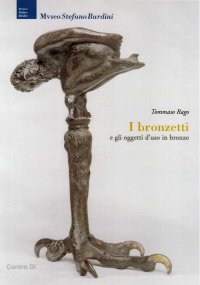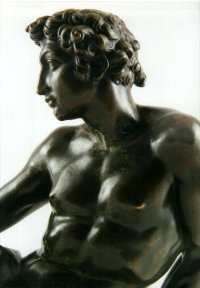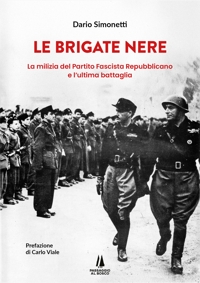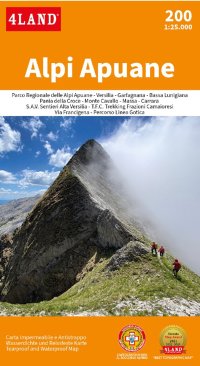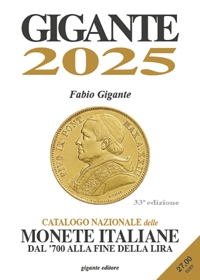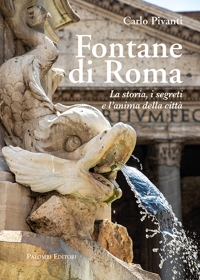Felice Palma. Massa 1583-1625. Collezione / Collection.
Texts by Andrei Cristina, Ciarlo Nicola, Federici Fabrizio, Claudio Casini and Sara Ragni.
Italian and English Text.
Pontedera, 2024; bound in a case, pp. 289, b/w and col. ill., b/w and col. plates, cm 24,5x34.
(L'Oro Bianco. Straordinari Dimenticati. The White Gold Forgotten Masters).
cover price: € 160.00
|
Books included in the offer:
Felice Palma. Massa 1583-1625. Collezione / Collection.
Texts by Andrei Cristina, Ciarlo Nicola, Federici Fabrizio, Claudio Casini and Sara Ragni.
Italian and English Text.
Pontedera, 2024; bound in a case, pp. 289, b/w and col. ill., b/w and col. plates, cm 24,5x34.
(L'Oro Bianco. Straordinari Dimenticati. The White Gold Forgotten Masters).
FREE (cover price: € 160.00)
Le botteghe del marmo
Italian and English Text.
Ospedaletto, 1992; bound, pp. 153, 10 b/w ill., 60 col. ill., cm 24x29.
(Immagine).
FREE (cover price: € 34.49)
Museo Stefano Bardini. I Bronzetti e gli Oggetti d'Uso in Bronzo
Edited by Nesi A.
Firenze, 2009; paperback, pp. 191, 102 b/w ill., 7 col. ill., cm 17x24,5.
(Museo Stefano Bardini).
FREE (cover price: € 30.00)
Bronzetti e Rilievi dal XV al XVIII Secolo
Bologna, 2015; 2 vols., bound in a case, pp. 729, ill., col. plates, cm 21,5x30,5.
FREE (cover price: € 90.00)
Rome in Caravaggio's Day
Rossella Vodret Adamo
Skira
Roma, Palazzo Venezia, November 10, 2011 - February 19, 2012.
Edited by Rossella Vodret Adamo.
English Text.
Milano, 2012; paperback in a case, pp. 162, 600 col. ill., cm 24x28.
(Cataloghi di Arte Antica).
series: Cataloghi di Arte Antica
Other editions available: Edizione italiana (ISBN: 88-572-1308-0)
ISBN: 88-572-1387-0 - EAN13: 9788857213873
Subject: Collections,Essays (Art or Architecture),Monographs (Painting and Drawing),Painting
Period: 1400-1800 (XV-XVIII) Renaissance
Places: Latium,Rome
Languages: 
Weight: 3.782 kg
Simonetti Dario € 23.75
€ 25.00 -5 %
Fabio Gigante € 25.65
€ 27.00 -5 %








